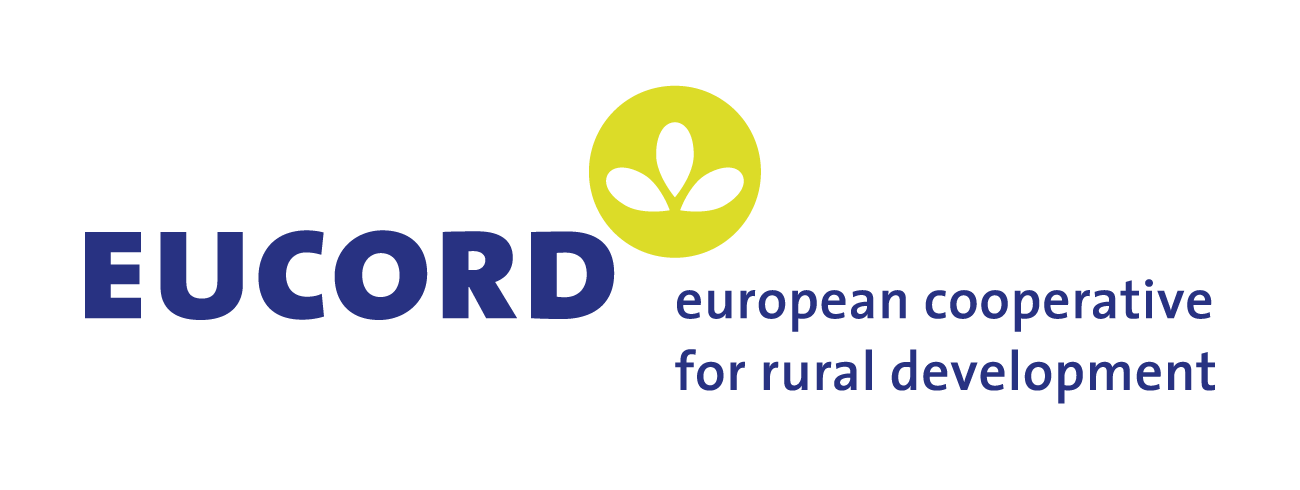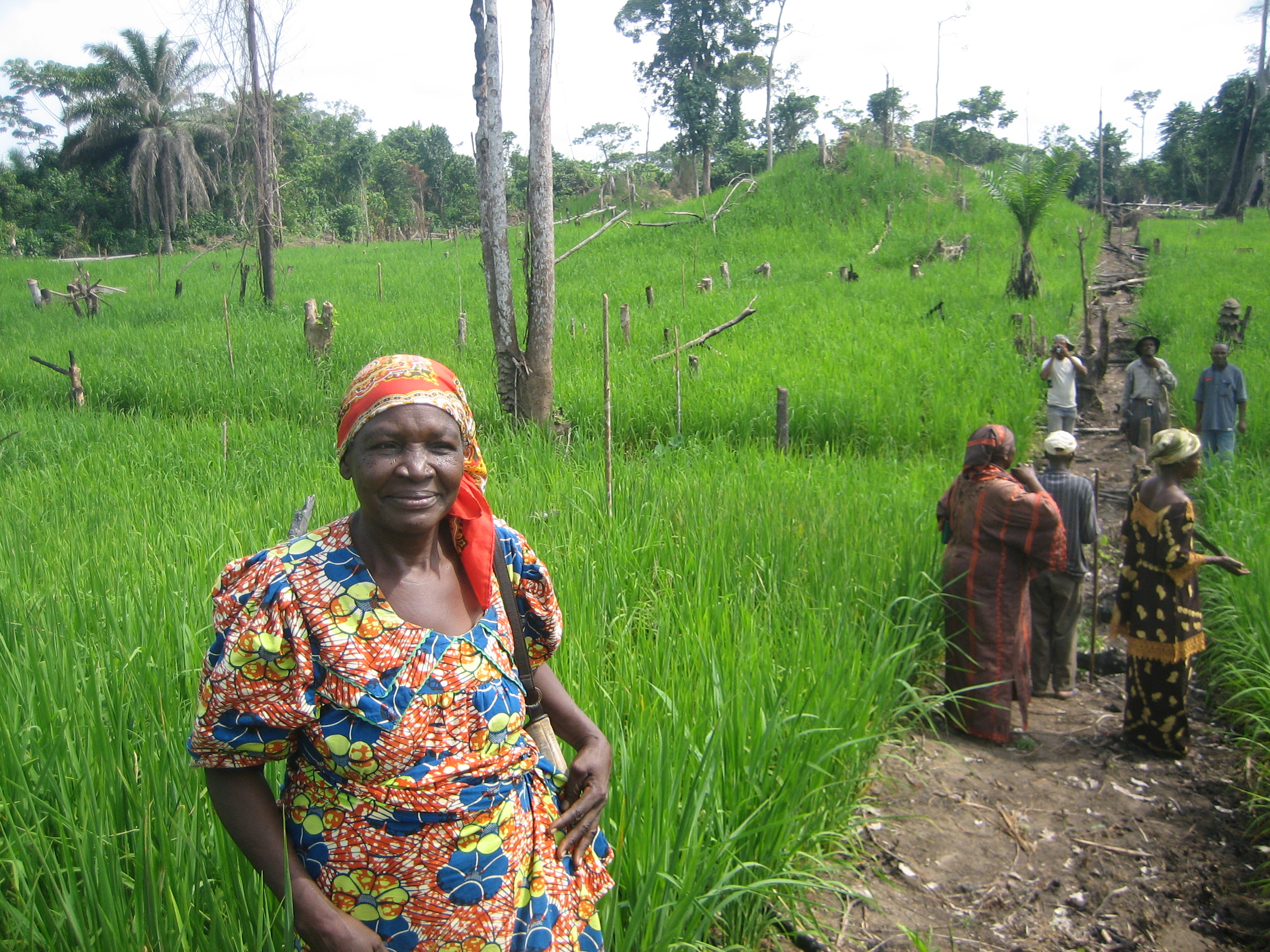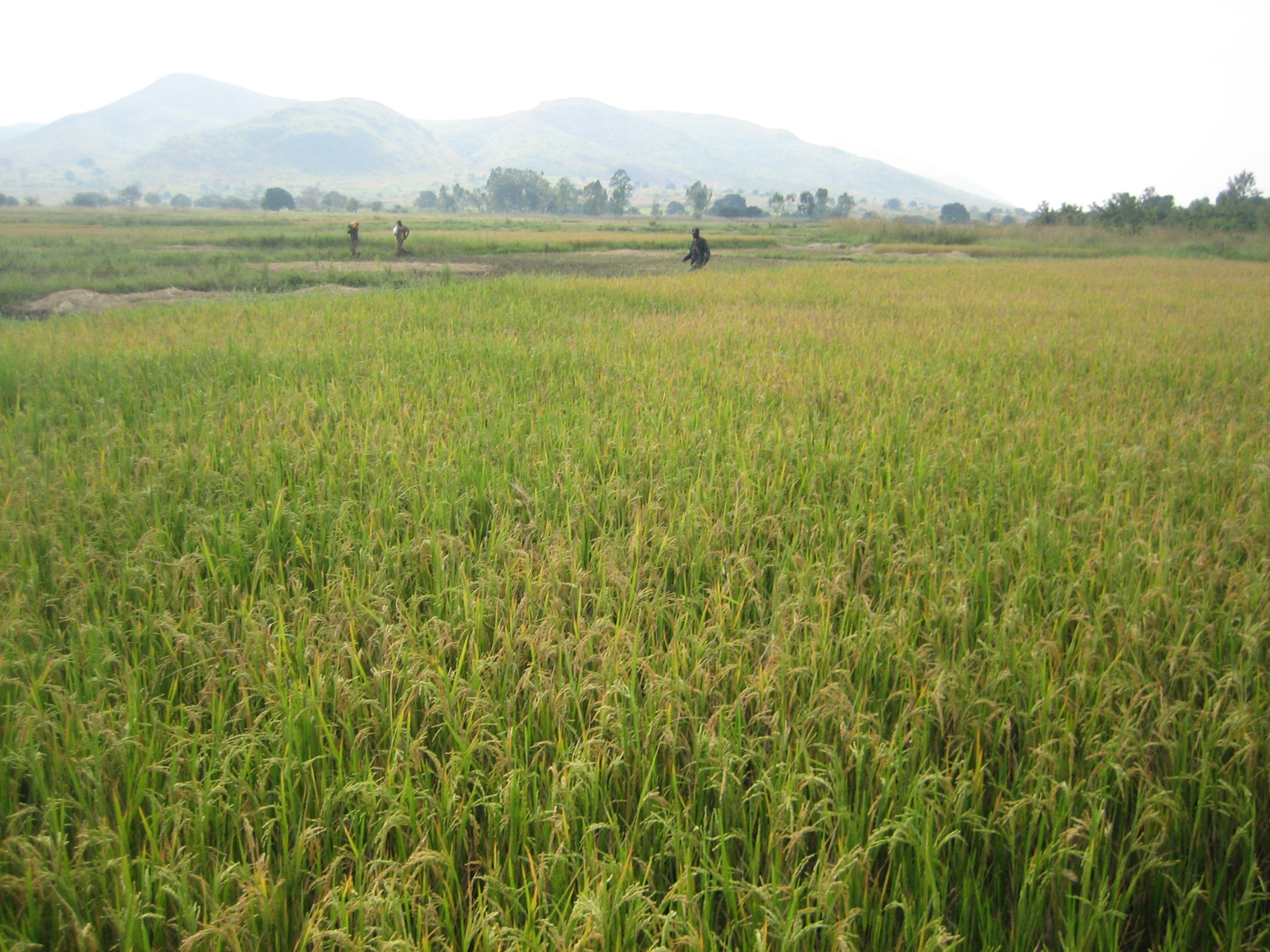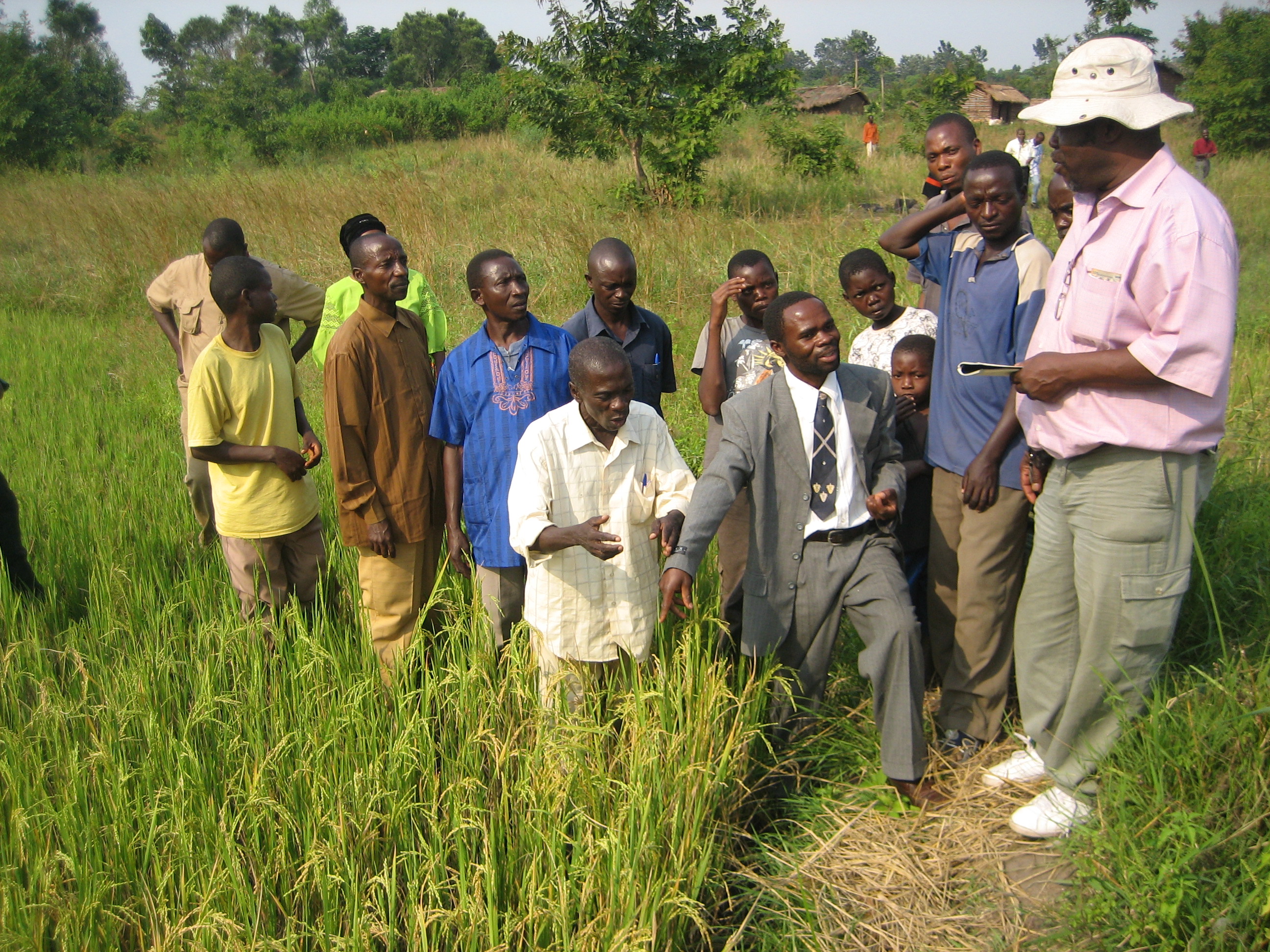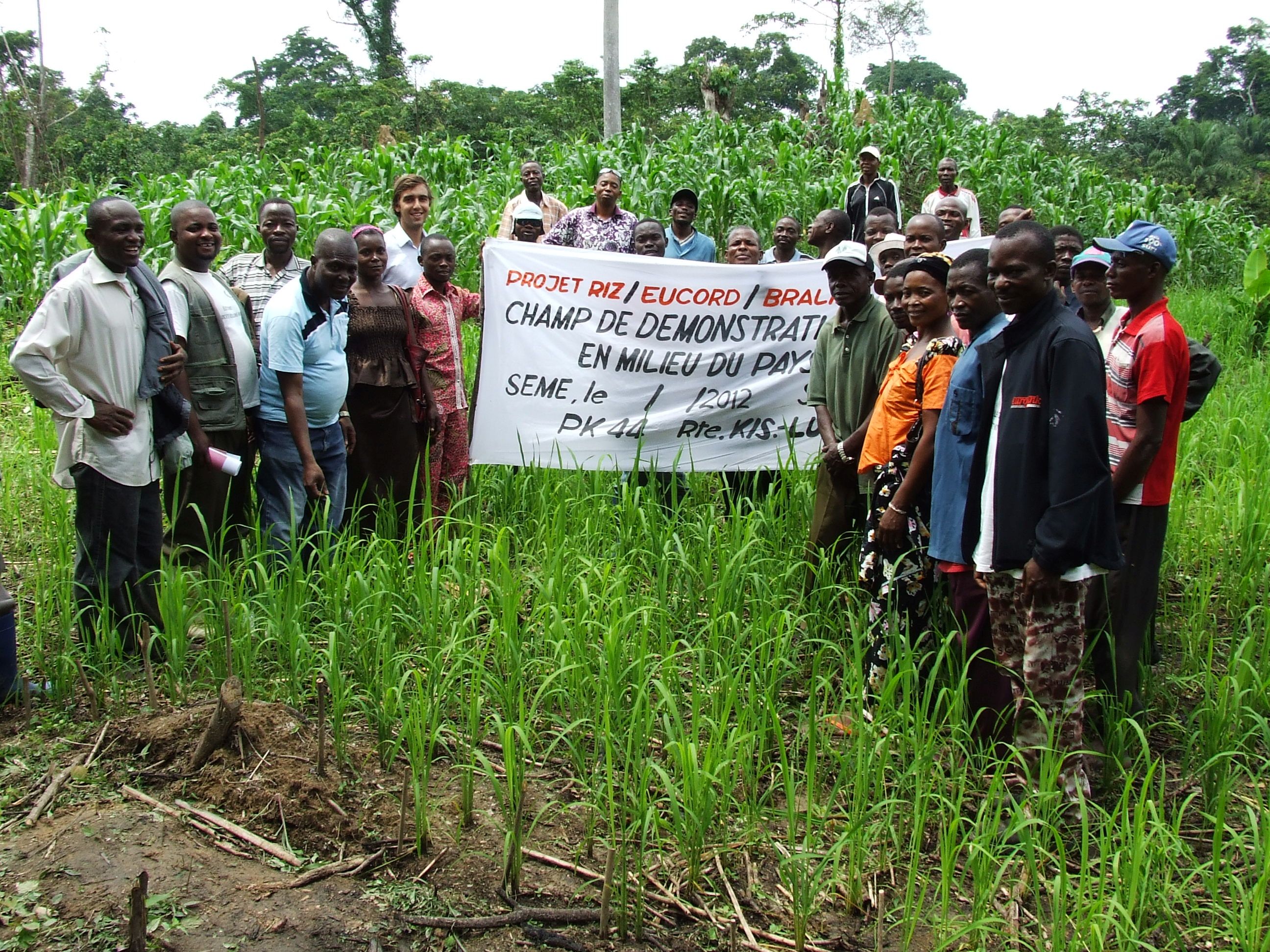Increase Food Security and Improve Livelihoods of Sorghum and Rice Producers, 2009-2014
Donors:
Netherlands Ministry of Foreign Affairs, HEINEKEN International
Partners:
HEINEKEN, Bralima Foundation, Batide, USAID
Goal
The overall objective of this project is to increase food security and improve access to primary education by integrating farmers into the supply chain of beverage industries in DRC.
What we do
This project, which started on February 1, 2009, focused on the inclusion of smallholder farmers into the rice value chain, including access to credit and markets. The project achieved a simultaneous enhancement of agricultural supply chains for the food and beverage industry while sharing and minimizing the associated risks. It contributes to improving the livelihood conditions of the households involved by improving food security and generating a regular income. This project is especially focused on the promotion of rice production in the DRC.
Accomplishments
Looking back at the ultimate objective “to improve food security and incomes of farmer households”, the project accomplished this to a large extent as is also confirmed by the external evaluation of the Schokland project conducted in 2013. The most important outputs achieved in this project are:
- Significant increase of productivity in rice production (from 700 kg/ha to 2.000 kg/ha) and
- Between 2009 & 2014 a total of 53,654 tons of rice were delivered to BRALIMA generating a gross revenue of close to $43 million.
- In the same period an estimated total of 55,069 tons of rice were sold to the local food market or consumed by the household.
Impact
- 30,157 families benefited from the project (against 25,000 planned) with increased income
- Increased availability of rice on local food markets
- A significant increase in family revenues - in interviews people referred to amounts increasing from 120 USD to 400 USD/600 USD. Heineken’s and EUCORD own impact study registered increases of 323% in Kinshasa and 184% in Bumba, which are lower but still very significant
- Improved living conditions of the population - children go to school, improved housing conditions, improved (in quantities) nutrition (1 to 2 meals/day), etc.
- New income-generating activities developed (livestock, private school, bar, restaurant, motorcycles instead of bikes, etc.) in farmer communities
